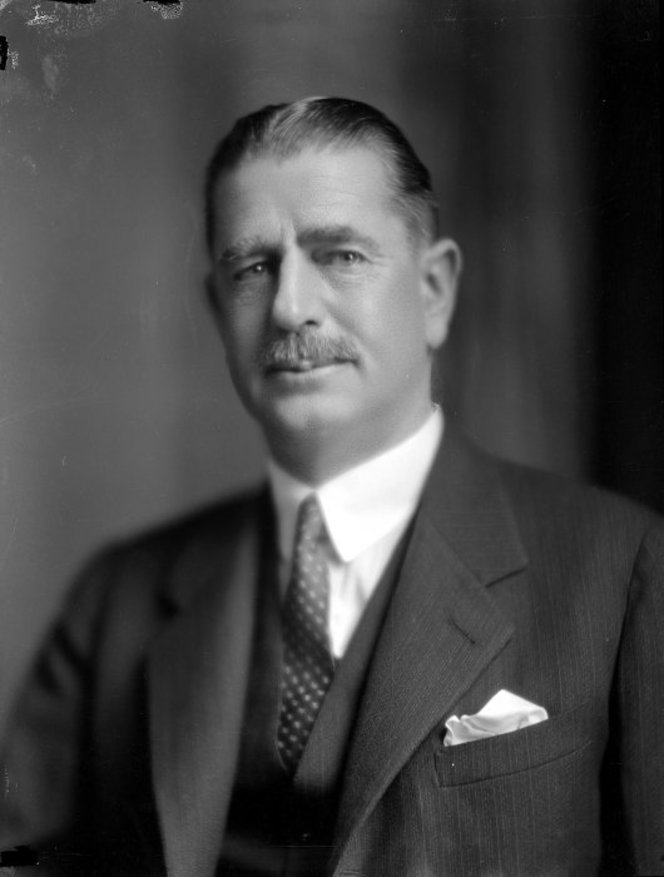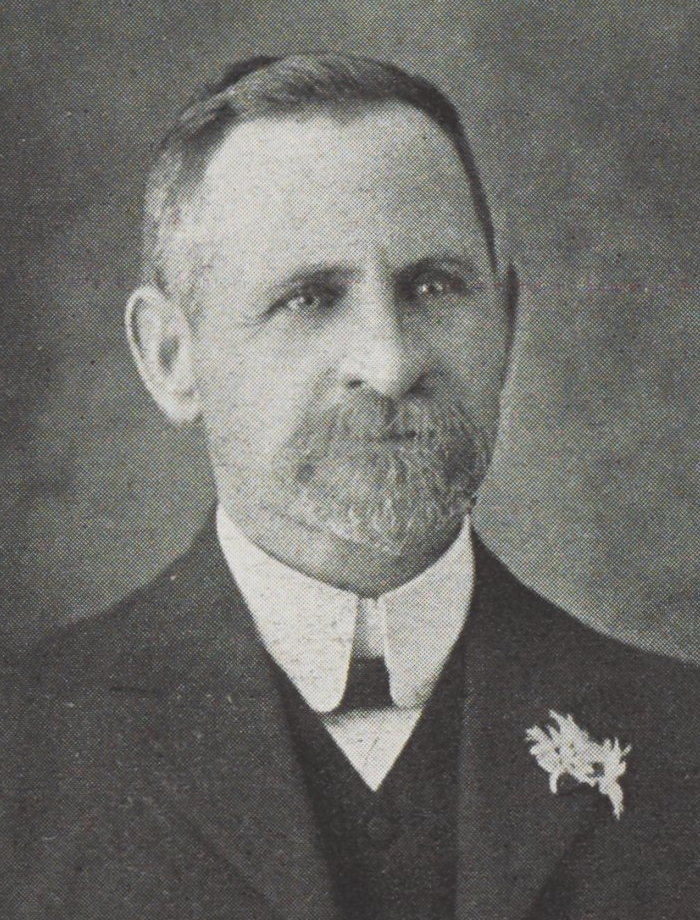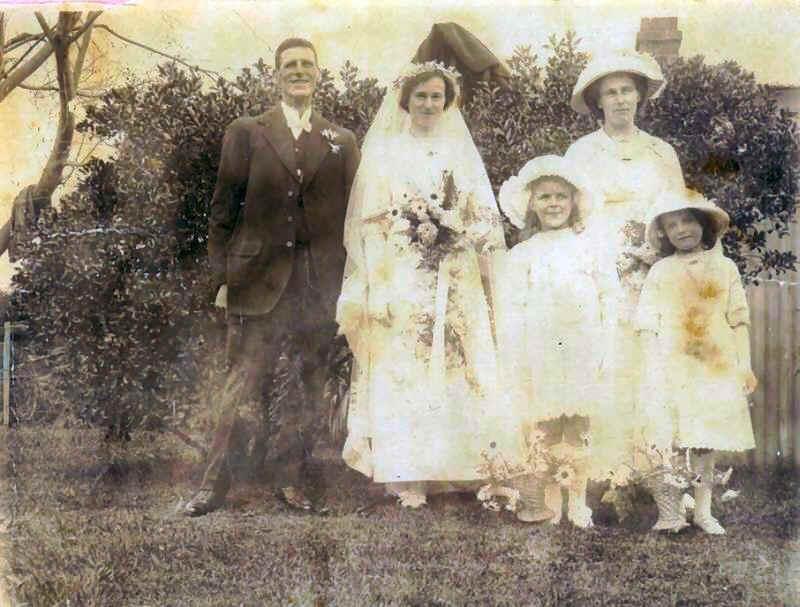|
Taranaki (New Zealand Electorate)
Taranaki was a New Zealand parliamentary electorate that existed for three periods between 1881 and 1996. It was represented by nine Members of Parliament. Population centres The previous electoral redistribution was undertaken in 1875 for the 1875–1876 election. In the six years since, New Zealand's European population had increased by 65%. In the 1881 electoral redistribution, the House of Representatives increased the number of European representatives to 91 (up from 84 since the 1875–76 election). The number of Māori electorates was held at four. The House further decided that electorates should not have more than one representative, which led to 35 new electorates being formed, including Taranaki, and two electorates that had previously been abolished to be recreated. This necessitated a major disruption to existing boundaries. The original area included the townships of Ōhura, Waitara, and Inglewood. The Mōkau River was used as the northern boundary. In the 1887 ... [...More Info...] [...Related Items...] OR: [Wikipedia] [Google] [Baidu] |
New Zealand Electorates
An electorate or electoral district ( mi, rohe pōti) is a geographical constituency used for electing a member () to the New Zealand Parliament. The size of electorates is determined such that all electorates have approximately the same population. Before 1996, all MPs were directly chosen for office by the voters of an electorate. In New Zealand's electoral system, 72 of the usually 120 seats in Parliament are filled by electorate members, with the remainder being filled from party lists in order to achieve proportional representation among parties. The 72 electorates are made up from 65 general and seven Māori electorates. The number of electorates increases periodically in line with national population growth; the number was increased from 71 to 72 starting at the 2020 general election. Terminology The Electoral Act 1993 refers to electorates as "electoral districts". Electorates are informally referred to as "seats", but technically the term '' seat'' refers to an electe ... [...More Info...] [...Related Items...] OR: [Wikipedia] [Google] [Baidu] |
Robert Trimble (politician)
Colonel Robert Trimble (1824 – 5 September 1899) was a 19th-century Member of Parliament in Taranaki, New Zealand. He was briefly a judge at the Native Land Court. Early life Trimble was born near Belfast, Ireland, in 1824. He did his apprenticeship as a spinner at Sion Mills. He emigrated to America at age 21, where he remained for two or three years. While there, he was exposed to William Henry Channing's unitarianism, which he adopted instead of his presbyterian upbringing. He then moved to Manchester and then to Liverpool, where he worked for the American linen commission merchants Watson and Co. In 1856, he married Jane Heywood of Manchester. She was the eldest daughter of Abel Heywood, who at the time was alderman and later became Mayor of Manchester. Their son William Hayward Trimble became the first librarian at the Hocken Collections. While in Manchester, he became interested in the volunteer movement and he joined the Liverpool Irish. He then joined the 15th Lanca ... [...More Info...] [...Related Items...] OR: [Wikipedia] [Google] [Baidu] |
Historical Electorates Of New Zealand
History (derived ) is the systematic study and the documentation of the human activity. The time period of event before the invention of writing systems is considered prehistory. "History" is an umbrella term comprising past events as well as the memory, discovery, collection, organization, presentation, and interpretation of these events. Historians seek knowledge of the past using historical sources such as written documents, oral accounts, art and material artifacts, and ecological markers. History is not complete and still has debatable mysteries. History is also an academic discipline which uses narrative to describe, examine, question, and analyze past events, and investigate their patterns of cause and effect. Historians often debate which narrative best explains an event, as well as the significance of different causes and effects. Historians also debate the nature of history as an end in itself, as well as its usefulness to give perspective on the problems of the p ... [...More Info...] [...Related Items...] OR: [Wikipedia] [Google] [Baidu] |
1899 New Zealand General Election
The 1899 New Zealand general election was held on 6 and 19 December in the European and Māori electorates, respectively, to elect 74 MPs to the 14th session of the New Zealand Parliament. The election was again won by the Liberal Party, and Richard Seddon remained Prime Minister. 1896 electoral redistribution The last electoral redistribution was undertaken in 1896 for the , and the same electorates were used again. 34 seats were located in the North Island, 36 were in the South Island, and the remaining four were Māori electorates. Since the 1890 electoral redistribution, the four main centres had electorates with three seats each. The election The 1899 election was held on Wednesday, 6 December in the general electorates, and on Tuesday, 19 December in the Māori electorates to elect a total of 74 MPs to the 14th Parliament. A total number of 373,744 (77.6%) voters turned out to vote. In three electorates there was only one candidate, and they were thus returned unopposed. Tw ... [...More Info...] [...Related Items...] OR: [Wikipedia] [Google] [Baidu] |
William Sheat
William Alfred Sheat (23 May 1899 – 24 May 1982) was a New Zealand Member of Parliament for two Taranaki electorates. Early life Sheat was born at Pihama, Taranaki, in 1899. He was the son of Joseph Sheat and his wife Susannah (). He received his early education at Pihama Primary and Hawera District High School. He attended Victoria University College and graduated B.A. in 1920 and LL.B. in 1923. He married Ella Marjorie Newton, who was also a Victoria University College graduate (M.A. in 1925), on 22 January 1929. The wedding was held at St John's Presbyterian Church in Wellington. They had two sons, including Bill Sheat. Sheat was admitted as a solicitor in 1922. He lectured economics at the Workers' Educational Association from 1923 to 1925. From 1926 to 1928, he taught at Marlborough College. From 1928, he farmed in Pihama. Political activity Early political career Sheat served on the Egmont County Council for twelve years. He was initially a member of the ... [...More Info...] [...Related Items...] OR: [Wikipedia] [Google] [Baidu] |
1925 New Zealand General Election
The 1925 New Zealand general election was held 4 November (the Māori vote had taken place the previous day) to elect a total of 80 MPs to the 22nd session of the New Zealand Parliament. A total number of 678,877 (90.02%) voters turned out to vote. In one seat (Bay of Plenty) there was only one candidate. In 1922, registration as an elector was made compulsory for all those eligible (except Māori). Results Gordon Coates continued as Prime Minister, with his Reform Party winning an outright majority of 30. Leonard Isitt and George Witty were both appointed to the Legislative Council by Gordon Coates on 28 October 1925; shortly before the election on 4 November. Both were Liberals but their retirement removed "a source of some bitterness from the Party's ranks". Gordon Coates was Reform, and both of their former seats went to Reform candidates. After the election both Labour and Liberals held 11 seats. A tie at 4,900 votes each in (between the Labour and Reform candidates) ... [...More Info...] [...Related Items...] OR: [Wikipedia] [Google] [Baidu] |
Roger Maxwell
Roger Francis Hamilton Maxwell (born 21 March 1941) is a former New Zealand politician. He was an MP from 1984 to 1999, representing the National Party. Early life Maxwell was born in South Canterbury. He obtained his tertiary education at Lincoln College and at Massey University. From 1967, he owned a farm in the Taranaki region and studied rural valuation. Political career Maxwell was a member of the Ashburton branch of the Young Nats from 1963. He chaired the Urenui branch of the National Party from 1969, and was the Taranaki electorate chairman from 1977 to 1983. He organised the Taranaki electorate campaigns for the and s for David Thomson. He was first elected to Parliament in the 1984 election in Taranaki, when he succeeded Thomson. When the National Party won power in the 1990 election, Maxwell became the Minister of Business Development, the Associate Minister of Employment, and the Associate Minister of Immigration. In 1993, he became the (full) Minist ... [...More Info...] [...Related Items...] OR: [Wikipedia] [Google] [Baidu] |
David Thomson (New Zealand Politician)
David Spence Thomson (14 November 1915 – 25 October 1999) was a New Zealand politician of the National Party. Biography Thomson was born in Stratford, the son of former Stratford mayor Percy Thomson. He was a dairy farmer. He served in the Army in the Middle East in World War II and was a Prisoner of War in 1942. He was awarded the Military Cross (MC) later in 1942. He married June Grace Adams in April 1942. They had one son and three daughters. In the post-war years he was chairman of Federated Farmers. In 1953, he was awarded the Queen Elizabeth II Coronation Medal. Parliamentary career Thomson was first elected to Parliament, representing the Stratford electorate, in as a member of the National Party. He was returned for that electorate in every election until 1978, when it was disestablished. He served two terms as the Member of Parliament for Taranaki (the replacement seat) from 1978 to 1984, when he retired. When Thomson entered Parliament, Keith Holy ... [...More Info...] [...Related Items...] OR: [Wikipedia] [Google] [Baidu] |
Charles Bellringer
Charles Emanuel Bellringer (1864–1944) was a Reform Party Member of Parliament. He won the Taranaki electorate in New Zealand from the Liberals in the 1925 general election, but was defeated in 1928. The seat was abolished in 1928, and replaced by New Plymouth New Plymouth ( mi, Ngāmotu) is the major city of the Taranaki region on the west coast of the North Island of New Zealand. It is named after the English city of Plymouth, Devon from where the first English settlers to New Plymouth migrated. .... In 1935, he was awarded the King George V Silver Jubilee Medal. References 1864 births 1944 deaths Members of the New Zealand House of Representatives New Zealand MPs for North Island electorates Reform Party (New Zealand) MPs Unsuccessful candidates in the 1911 New Zealand general election Unsuccessful candidates in the 1922 New Zealand general election Unsuccessful candidates in the 1928 New Zealand general election {{NewZealand-politici ... [...More Info...] [...Related Items...] OR: [Wikipedia] [Google] [Baidu] |
Sydney George Smith
Sydney George Smith (19 January 1879 – 21 May 1943) was a New Zealand politician of the Liberal Party and then the National Party, and a cabinet minister. Early life Smith was born in New Plymouth in 1879. His parents were the MHR Edward Smith and Mary Ann Golding. He enjoyed rugby during his youth, and later became an administrator for the sport for the Taranaki Region. On 19 November 1901, he married Elsie Rose Herbert (known as Rose) at St Mary's Church in New Plymouth. She was a daughter of G H Herbert of the Royal Engineers. They had three children: Rosa Maud (b. 1902), Ethel Mary (b. 1905), and Edward George (b. 1906). His wife died on 3 April 1913, aged 35. Smith remarried on 25 February 1915, to Catherine (Kate) Bint, again at St Mary's Church. Kate Bint was born in July 1892 at Tarata in Taranaki, some by road west of Inglewood. He had a further three children from his second marriage: Raymond Sydney (1916–1944), Harry Allman (1918–1998), and Lorna Hazel ( ... [...More Info...] [...Related Items...] OR: [Wikipedia] [Google] [Baidu] |
Henry Okey
Henry James Hobbs Okey (28 May 1857 – 13 September 1918) was a Reform Party Member of Parliament in New Zealand. Early life and family Born in New Plymouth in 1857, Okey was the son of Edward Okey, an ironmonger. His brothers included Edward Nelson Okey, who in 1880 won what later became known as the Ballinger Belt for the New Zealand champion shot. On 2 July 1884, Okey married Louisa Morey. Political career Okey was a member of the Taranaki County Council, and served as its chairman between 1896 and 1905. He was also vice president and then president of the Taranaki Agricultraul and Pastoral Society. Okey contested the Taranaki electorate at the 1905 general election, coming second, 236 votes behind the incumbent, Edward Smith. However, Smith died in 1907 and Okey won the subsequent by-election as an independent Independent or Independents may refer to: Arts, entertainment, and media Artist groups * Independents (artist group), a group of modernist painters b ... [...More Info...] [...Related Items...] OR: [Wikipedia] [Google] [Baidu] |
Edward Smith (New Zealand Politician)
Edward Metcalf Smith (10 January 1839 – 19 April 1907) was an armourer and Liberal Party politician in New Zealand, and an advocate of the development of Taranaki's ironsand and oil. Early life Smith was born on 10 January 1839, in Fenny Compton Warwickshire, England. His father Charles METCALF was an Agricultural Labourer, and his mother was Maria Joiner. He was orphaned by the age of 15. He worked, as a youth, in the iron and steel industry in Staffordshire, probably at Bradley Hill Ironworks and in Cradley Heath, then joined gun makers Hollis in Birmingham, England . He became an apprentice at the new Royal Small Arms Factory at Enfield Lock, and also had some connection with the Royal Woolwich Arsenal, London. When qualified, he was sent on short term assignment as Garrison Armourer and Small Arms Inspector to the New Zealand field forces. He arrived in Auckland, New Zealand in 1861 on the ''African'', and was based at Fort Britomart in Auckland, New Zealand. He marri ... [...More Info...] [...Related Items...] OR: [Wikipedia] [Google] [Baidu] |
.jpg)





